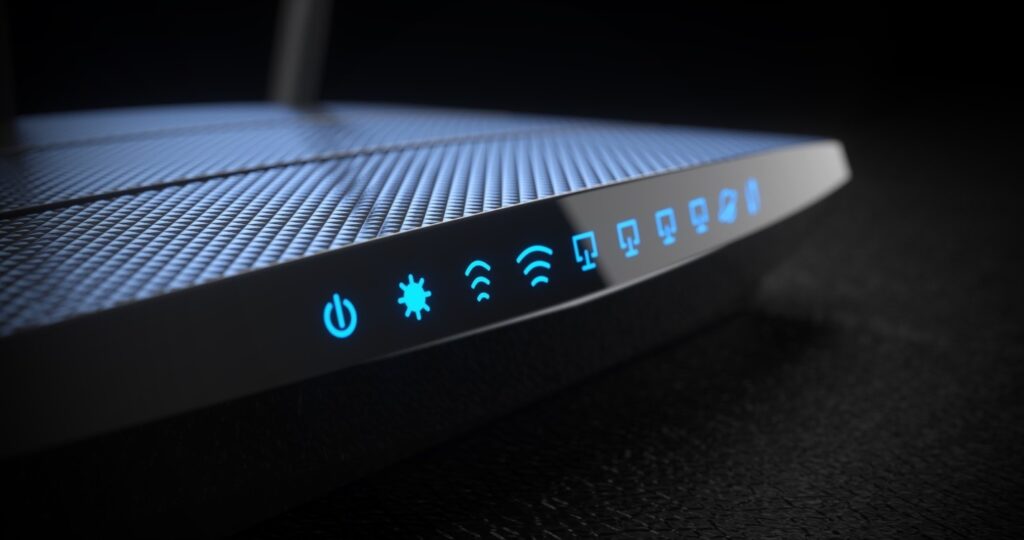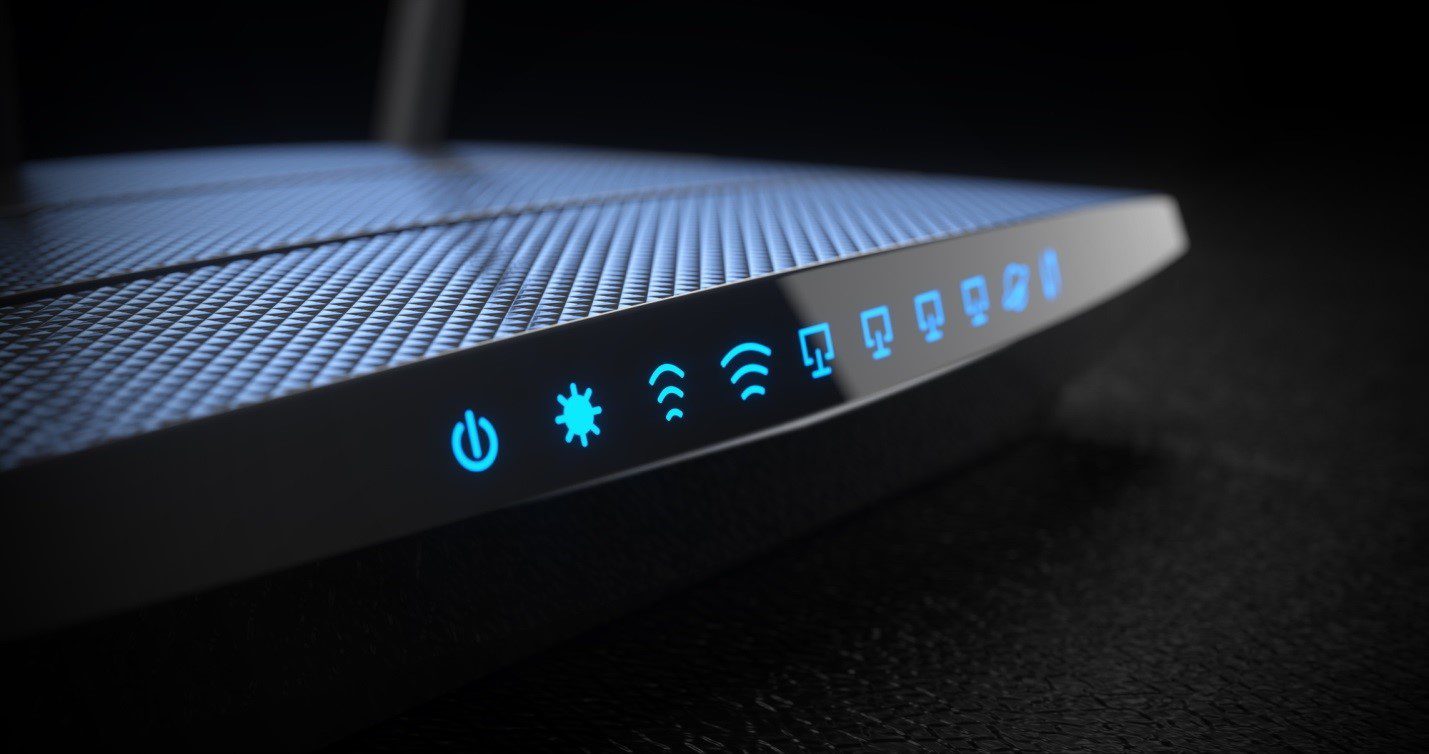
Is your router’s Wi-Fi signal so inconsistent that it makes you despair every time you step away from its antennas? Then it is appropriate to budget for the purchase of a Wi-Fi repeater that allows you to enhance the signal of the wireless network and thus cover the entire surface of your home (or, perhaps, the office where worked). If you want to amplify the Wi-Fi signal, in fact, this is the “queen” choice, guaranteeing both an excellent extension of the signal coverage and an overall low cost.
However, we must not fall into the “trap” of simplification: finding a Wi-Fi extender that is really right for you is not always easy. It is necessary to carefully check the technical characteristics and verify that the device you want to use to increase the Wi-Fi signal is compatible with the router you already have. The risk you run, in fact, is that of making a useless purchase that will not allow you to solve the problem.
Do you really need a Wi-Fi repeater?
First of all, however, it is necessary to understand if the budgeted purchase is really necessary. If, for example, your router has a few years on its shoulders (4 or 5 years is the threshold limit), then it is advisable to contact your telephone operator and ask for it to be replaced with one of the latest generations (or the purchase of a new Wi-Fi router) rather than committing to the purchase of an object that will not be able to improve the performance of your now obsolete device too much.
It should also be said that, despite the improvements brought about by the new Wi-Fi standards, a Wi-Fi extender cannot compete in terms of connection speed and stability with a wired network. If you can, therefore, always opt for an Ethernet cable more and a wireless connection less. In this sense, you could consider, for example, the purchase of a pair of powerlines with Ethernet input, which allow you to extend the wired line of the house using the existing electrical system, without the need to lay cables even several meters long.
One of the best Wi-fi repeaters available in the market is WiFi Ultra Boost. Check out the expert’s WiFi Ultra Boost reviews to know more about its pros and cons which will help you to decide whether you should buy this or not.
Wi-Fi repeaters, which features to consider
Once all the necessary assessments have been made and the purchase of the Wi-Fi extender is no longer considered to be postponed, it will be necessary to proceed to a second verification phase. As mentioned, in fact, the technical specifications of the repeater will have to coincide, more or less exactly, with those of the router: if you were to buy a network device that does not communicate with the one you already own, it would be a useless waste of money.
Compatibility with frequency bands
The first IEEE 802.11 Wi-Fi standard dates back to 1997 and is now obsolete and virtually no longer used. Similarly, the two immediately following evolutions (802.11a and 802.11b) are also to be considered unused: it is very likely that your router, no matter how old it may be, is compatible with at least one of these three standards: 802.11g, 802.11n and 802.11ac. It should be emphasized, then, that network devices with more advanced standards are (usually) backwards compatible: an 802.11ac wireless access point, therefore, will also work with an 802.11n or 802.11g router. In cases like these, however, the data transmission speed will drop to that of the previous standard: if you have a router that supports a theoretical maximum speed of 600 megabits per second (802.11n), a capable Wi-Fi repeater will be of little use. To transmit data at 1.3 gigabits per second (802.11ac). The maximum connection speed, in fact, will be “dictated” by the older standard.
Single band or dual band
Starting with the 802.11n standard, compatible network devices have the ability to send data packets on two different frequency bands. This is the so-called dual band function, which allows you to take advantage of the 5 gigahertz band if the 2.4 gigahertz band (used by old router models, but also by cordless phones and affected by disturbances generated by household appliances in operation such as microwave ovens) is saturated and unusable. In case your router is dual band, it is more than advisable to buy a dual band access point to enhance the signal: using the second frequency band you will have a slightly lower coverage (at the level of the covered surface), but more stable and less subject to interference and background noise
Safety standard
When looking for valid Wi-Fi repeaters it is necessary to check, in addition to the connection speed and frequency bands, that they offer adequate protection standards for the “current times”. In fact, it happens more and more often that various hackers and cybercriminals try to infiltrate wireless networks to infect connected devices (smartphones, printers, PCs, etc.). To avoid this scenario, check that the Wi-Fi extender supports the WPA2-PSK (AES) security standard: the encryption algorithm used by this type of connection, in fact, ensures that the data exchanged over the air are protected by majority of intrusion attempts.
Mesh network compatibility
If you have a router that supports mesh networking, your choice is drastically reduced. This, however, is not necessarily a bad thing: by adding another compatible network device, in fact, it will be possible to extend the Wi-Fi signal in a simple and fast way: the access points themselves will, in fact, establish a connection between them and hurry all “formal practices”. The configuration time is practically reduced to zero and it will be possible to start surfing with the new wireless network within a few tens of seconds
Other features
Depending on the cost that will be budgeted, wireless access points can offer many other features beyond the simple extension of the signal. The vast majority, for example, will provide the user with additional Ethernet ports useful for connecting devices via cable (as mentioned, a wired connection is more stable and faster than a non-wired one and suitable, for example, for multimedia boxes or video game consoles); still, others will offer USB ports useful for sharing the contents of a USB stick or external hard drive over the Wi-Fi network. There are also Wi-Fi repeaters that support audio streaming: just connect a speaker (even via cable) to have a multi-room audio system that is always ready for use.
Conclusion
Buying a Wi-Fi extender for your home could give you more than a few headaches. Above, we’ve mentioned how to choose the product that best suits your needs.







